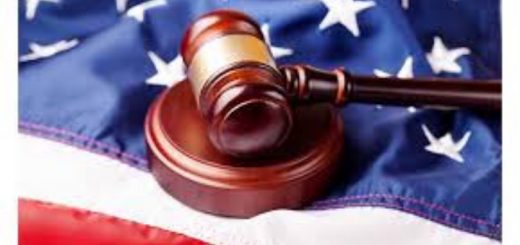Wake Up and Mind Your Culture — Practical Approaches to Managing a Company’s Culture
Ethical culture is the flavor of the year these days. We are seeing more postings and articles about the importance of ethical culture, and even pushing the idea of measuring and monitoring culture. It was only seven years ago, 2010 to be exact, when the US Sentencing Commission added ethics to the applicable guideline defining compliance program requirements. We have definitely come very far in...
















